Ethereum and Cardano are often compared to each other due to their similarities. So, what makes them different, and which one is better than the other?
As the first and largest virtual currency in the world, it's only natural for Bitcoin to be the face of the industry. It is probably the first thing that comes into anyone's mind when the word "cryptocurrency" is mentioned. But apart from Bitcoin, there are actually thousands of other cryptocurrencies that also have huge potentials. Among them are the two rising stars of the crypto market: Ethereum and Cardano. These two coins are often compared to each other because of their similarities, so which one is actually better?
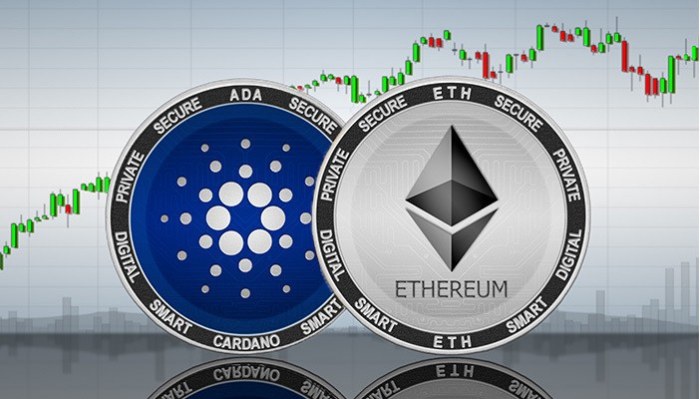
Contents
Brief Background Check
To begin with, it's worth knowing that Charles Hoskinson, the founder of Cardano, was actually one of the co-founders of Ethereum as well, along with Vitalik Buterin and Polkadot's Gavin Wood. However, before the launch of Ethereum, they got involved in a disagreement about whether to launch the coin as a nonprofit or an enterprise coin. In the end, Vitalik kicked Hoskinson out of the project back in 2014.
Hoskinson then decided to go his own way and built a new cryptocurrency company named Input Output Hong Kong (IOHK). This is where he started to develop Cardano. In order to make the project, Hoskinson has collaborated with some parties like Emurgo and managed to get nearly $100 billion. So due to the strong correlation and perhaps rivalry between Ethereum and Cardano, they are often talked about in unison.
Ethereum: More than a Public Ledger
Ethereum is one of the most popular crypto coins in the industry these days, and its native token Ether (ETH) has the second-largest market cap after Bitcoin. Ethereum was launched in 2015 and is known for its many advantages and functions. For instance, the Ethereum blockchain is able to process transactions very quickly compared to Bitcoin. Ethereum can process around 30 tps (transaction per second), whereas Bitcoin can only do 7 tps.
Similar to Bitcoin, Ethereum also works as a decentralized public ledger that verifies and records every crypto transaction on the blockchain. However, it doesn't stop there because Ethereum wants to go beyond that and become a global platform for various economic applications. The purpose is to basically decentralize products and services in a broad range of use cases beyond money. This is why Ethereum is often seen as one of the most ambitious blockchain projects in the world right now.
In 2017, investors began flocking into Ethereum because of the "ICO boom", which allows them to raise money by creating and promoting new projects on the blockchain. During this time, Ethereum was regarded as a type of global capital allocator and funding mechanism.
Three years later, Ethereum saw another turning point with the creation of decentralized applications (dApps), Non-Fungible Tokens (NFTs), and decentralized finance (DeFi). The blockchain also offers smart contracts, which enable users to make secure agreements without the need of any intermediary or third party.
Since Ethereum is an open-source blockchain, practically anyone can create new dApps. Network users can create, publish, and monetize new applications on the Ethereum platform with the use of ETH as payment.
One downside to Ethereum is that it's still using a Proof-of-Work (PoW) mining protocol, which requires high energy to operate. To verify transactions, crypto miners must use advanced and high-powered computers to solve the puzzles.
However, Ethereum developers are currently working on shifting to a Proof-of-Stake (PoS) protocol, which requires less energy and is more environmentally friendly. It plans to release "Ethereum 2.0" in 2022. This might be a smart move for Ethereum, but there will likely be difficult challenges along the way.
See Also:
Cardano: An "Ethereum Killer"?
Cardano was launched back in 2017 with ADA as its native token. As mentioned earlier, Cardano was invented by the co-founder of Ethereum, Charles Hoskinson, so it shares many similarities with its older rival.
Like Ethereum, Cardano also allows network users to create dApps on the blockchain. Some of the notable projects in development include THEOS, an NFT marketplace, and the Indigo Protocol, which lets users trade real-world assets on the blockchain. Cardano is currently the 4th largest cryptocurrency in terms of market cap and it's often said to be an "Ethereum killer" due to its strong presence in the market.
However, unlike Ethereum, Cardano uses a Proof-of-Stake mining protocol, which gives it more advantage over its older competitor. In the PoS protocol, miners must stake their crypto holdings to verify transactions for a chance at earning rewards. This protocol is designed to reduce power usage and therefore make it more convenient for users.
In addition, Cardano is the first peer-reviewed blockchain, where a team of experts within the Cardano developer company would review a product before it is released in order to minimize errors.
Moreover, keep in mind Cardano is still relatively new in the industry, so it might take some time before it can be as big as Ethereum. Ethereum clearly has the first-mover advantage, so it's naturally more popular and widely recognized among users.
Therefore, it's a bit of a stretch to say that Cardano is an "Ethereum killer" just yet since Ethereum is still very much alive right now. But this doesn't necessarily mean that there's no hope for Cardano to catch up. We should note that Cardano has shown so much growth in the past few years and if it continues to make positive improvements like this, it may be able to truly rival Ethereum in the future.
Comparing Ethereum and Cardano
To get a better understanding of which platform is better than the other, let's compare Ethereum and Cardano based on the following factors:
1. Main Goals
Although both Ethereum and Cardano seem to promote the use of smart contracts and dApps, the projects seem to have different goals in mind. Cardano is widely known to focus more on sustainability. This is shown in the use of PoS protocol, which is much better for the environment as it uses less power. Another area that Cardano is trying to put more emphasis on is agriculture.
The network aims to provide supply chain information so that farmers can verify and track their transactions rather easily. It also partnered with the Ethiopian Ministry of Education to store the education records for 5 million children.
In addition, Cardano focuses more on areas with lesser blockchain uses, beginning with Africa and South Asia. Hoskinson stated that it is one of his dreams to "deliver economic identity to those who don't have it". By encouraging people in these regions to join the blockchain as well as taking care of the environment, Cardano might have a better chance at scaling its ecosystem in the long run.
Meanwhile, Ethereum seems to focus more on building a global financial platform. The developer team is very determined to increase the blockchain's functionality as well as scalability so that it can be accessed by anyone and anywhere. In short, Ethereum aims to be the reliable platform that people use in any sector in our everyday lives, including technology, business, etc.
2. Development Strategy
It appears that Ethereum uses the "launch first then upgrade" development style that blends the collaboration and openness of the open-source developer community within the network.
Clearly, Ethereum was trying to cover the weakness found in the Bitcoin blockchain, so it developed the smart contract functionality and created a new and booming sector for global crypto enthusiasts. The discovery of ICO and smart contracts have successfully grabbed people's attention and made them shift from Bitcoin to Ethereum.
However, such openness has led to several bugs found in the blockchain, some of which have caused a lot of pain for investors, such as the DAO bug in 2016. Even today, you might find some problems still exist within the system, so this is definitely worth considering.
On the other hand, Cardano uses the "get it right the first time" approach, so the development style is more precise, detailed, and organized. The developers must do academic research, peer-review, and formal verification before launching a new product, in order to reduce bugs. In one of the interviews, Charles emphasized that the development of Cardano is based on well-researched, instead of just putting out a "crappy network" and hoping to enhance it later.
The downside to this system is that it might take a long time to actually make some changes due to the detailed procedures that have to be made before the launch. This may cause the blockchain to lag behind others when it comes to releasing new technology. Bear in mind that it took Cardano six full years to release smart contracts after its founding date.
3. Smart Contract
Both Ethereum and Cardano use smart contracts, but the types are different. Cardano uses the extended unspent transaction output (eUTXO) accounting model, which is upgraded from Bitcoin's UTXO model.
Meanwhile, Ethereum uses the Account/Balance model, where the coins are held in the user's account similar to how banks operate.
If we compare the two, Cardano's eUTXO model is actually better theoretically because it is able to simplify the contract and allow users to make applications with less effort. However, it is worth considering that Cardano's smart contract has only been launched recently, so it hasn't been fully tested as Ethereum's. With that being said, at least so fat, Ethereum's smart contract is still safer and more reliable to use.
The Bottom Line
Both Ethereum and Cardano offer a wide range of uses and interesting prospects for the future. Cardano focuses on sustainability, while Ethereum aims to provide the most robust and advanced platform for decentralized applications. While both can be a great investment to make, but objectively speaking, Ethereum is less risky because it has a long track record and has proven to be able to survive various market clashes and reorganizations compared to Cardano.
Apart from that, Ethereum also offers more usability due to the sheer amount of applications that the network offers. As now you know that there are other cryptocurrencies worth investing in other than Bitcoin, you need to always do proper research beforehand and be sure to check the long-term outlook for better gains.

 Dedicated FREE FOREX VPS
Dedicated FREE FOREX VPS Free FOREX Virtual Private Server
Free FOREX Virtual Private Server MT4 Demo Contest, Get $500
MT4 Demo Contest, Get $500 Sign Up for an Account, Claim 60% Deposit Bonus
Sign Up for an Account, Claim 60% Deposit Bonus Free MT4/MT5 VPS 2024
Free MT4/MT5 VPS 2024 Send E-mail and Get Free Merchandise
Send E-mail and Get Free Merchandise $1K Refer a Friend Bonus for Pepperstone Pro clients
$1K Refer a Friend Bonus for Pepperstone Pro clients Maximize Your Earnings with 100% Deposit bonus
Maximize Your Earnings with 100% Deposit bonus Trade to Win, $5,000 Monthly Demo Contest
Trade to Win, $5,000 Monthly Demo Contest Claim 30% + 15% Deposit Bonus from LiteFinance
Claim 30% + 15% Deposit Bonus from LiteFinance
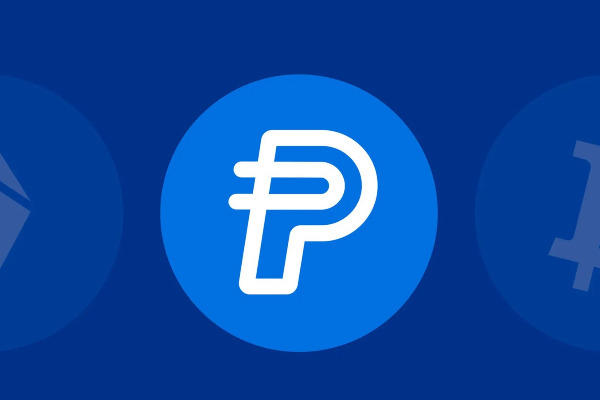
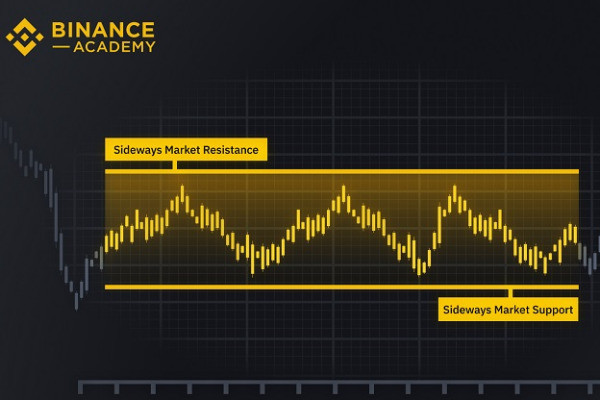
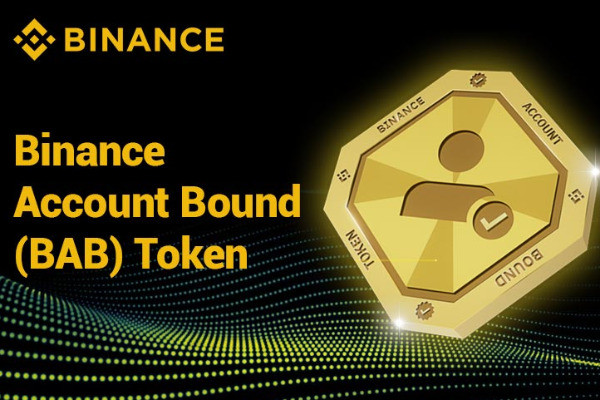

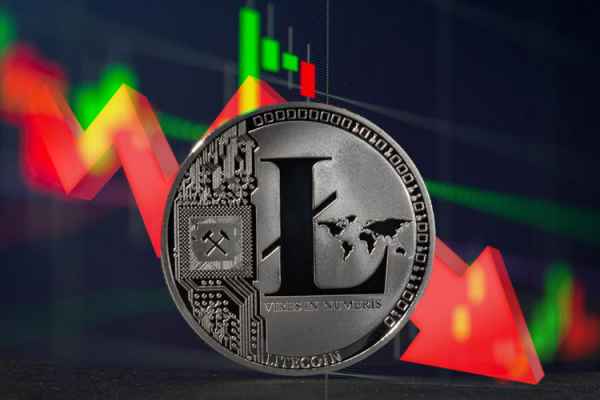

 Bitcoin
Bitcoin Ethereum
Ethereum Tether
Tether BNB
BNB Solana
Solana USDC
USDC XRP
XRP Dogecoin
Dogecoin Toncoin
Toncoin Cardano
Cardano